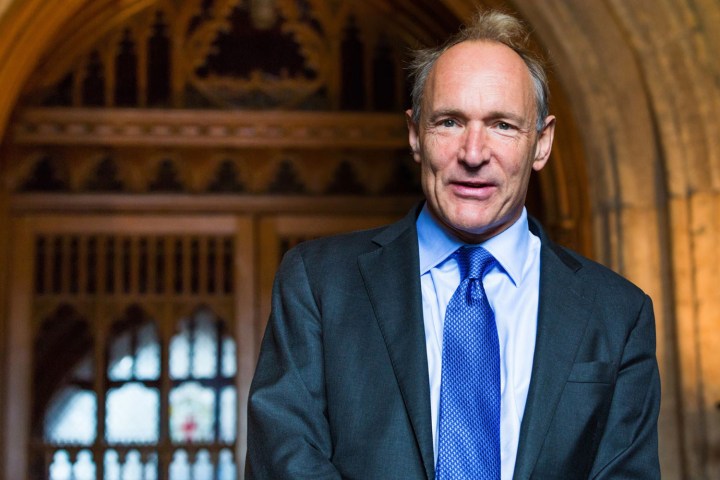
The first is the fact that we’ve lost control of our personal data. Today, many internet users exchange their personal information for access to various sites and services, agreeing to contracts tied to pages and pages of terms and conditions.
Berners-Lee argues that there are problems with the way our data is held by companies, out of our sight and out of our control. He ties this practice to governments carryout out surveillance on their citizens, and suggests that it has a negative impact on the internet’s capacity as a setting for free and open debate on important topics.
The second challenge relates to the ongoing spread of misinformation across the internet. Berners-Lee states that a majority of users only visit a handful of websites, so it’s easy for the people in control of those sites to produce content that’s attractive to a captive audience, and implement opinion-influencing bots to “game the system” even further.
The third challenge comes from political advertising on the internet, which Berners-Lee claims is in need of better public understanding and more transparency. He cites a source that suggests that as many as 50,000 variations of ads were served every day on Facebook during the 2016 United States presidential election, which he describes as a “near-impossible situation to monitor.”
He goes on to suggest that some political parties in the U.S. and further afield might be using the internet maliciously, pointing people toward fake news, and spreading different messages among different demographics.
Berners-Lee closes his message by saying that simple solutions won’t address these complex problems, encouraging internet users to work with “gatekeepers” like Google and Facebook, and his team at The Web Foundation, as they attempt to forge the next era of the World Wide Web.


